Description
ProSoft 5201-MNET-MCM-WEB – Modbus TCP to Modbus Serial Gateway with Embedded Web Diagnostics
The ProSoft 5201-MNET-MCM-WEB is a compact industrial gateway designed to connect Ethernet-based Modbus TCP systems with legacy Modbus RTU/ASCII devices on serial links. From my experience, it’s a practical drop-in when you need your SCADA, PLC, or DCS on Ethernet talking reliably to drives, meters, or remote instruments on RS‑232/422/485—without rewriting your control logic. The “WEB” variant adds a built-in web server, so you can check device status, network counters, and diagnostics from any browser, which typically saves a lot of time during commissioning.
Company’s Order Placement Process and Guarantees
- Warranty: 365 days
- Delivery time: 1 week for in-stock items; no more than one month at the latest
- Payment terms: 50% advance payment, full payment prior to delivery
- Express delivery options: FedEx, UPS, DHL
Key Features
- Ethernet–Serial Bridge: Modbus TCP (client/server) to Modbus RTU/ASCII (master/slave) for seamless integration of legacy field devices with modern networks.
- Embedded Web Server (WEB): Browser-based diagnostics, status pages, and counters—handy for quick checks without special software.
- Flexible Data Mapping: Register-level mapping between TCP and serial sides; typically reduces PLC programming effort.
- Industrial Serial Port: Selectable RS‑232/422/485 and standard Modbus RTU/ASCII framing; up to 115.2 kbps in most cases.
- 10/100Base‑T Ethernet: Standard RJ45 connection; supports multiple concurrent Modbus TCP connections, which seems to be sufficient for most SCADA/HMI setups.
- DIN‑rail Mount: Compact form factor with status LEDs; easy to slot into an existing cabinet.
- Configuration via Ethernet: Works with ProSoft Configuration Builder (PCB) for database setup and diagnostics.
- Designed for harsh environments: Typical industrial temperature range and robust EMC immunity for plant-floor use.
“We used the 5201‑MNET‑MCM‑WEB to pull serial Modbus data from older flow meters into our plant SCADA over Modbus TCP. The web pages made initial troubleshooting straightforward, and we didn’t need to touch the PLC code much.” — Maintenance Supervisor, Water Treatment (simulated feedback)
Technical Specifications
| Brand / Model | ProSoft 5201-MNET-MCM-WEB (ProLinx Gateway) |
| Function | Modbus TCP (client/server) to Modbus RTU/ASCII (master/slave) protocol gateway with embedded web diagnostics |
| HS Code | 8517.62 (Data communication apparatus, for digital networks) |
| Power Requirements | 24 VDC nominal (industrial DC supply) |
| Operating Temperature | Typically 0 to 60°C (32 to 140°F) |
| Communication Interfaces | Ethernet: 10/100Base‑T, RJ45 (Modbus TCP) Serial: RS‑232/422/485 (Modbus RTU/ASCII), up to 115.2 kbps (typ.) |
| Signal Input/Output Types | Protocol data only (no discrete/analog I/O channels) |
| Installation Method | DIN‑rail mounting; panel mounting possible with standard adapters |
| Configuration | ProSoft Configuration Builder via Ethernet; built‑in web pages for diagnostics |
| Status/Diagnostics | Front-panel LEDs; web-based counters, port status, and communication stats |
Application Fields
This gateway is commonly used to link Ethernet SCADA, PLCs, and historians to serial Modbus instruments in:
- Oil & Gas: flow computers, wellhead controllers, and pipeline RTUs
- Water & Wastewater: lift stations, metering, chemical dosing skids
- Power & Utilities: protective relays, power meters, genset controllers
- Manufacturing & Metals: drives, weigh scales, and temperature controllers
- Building & Facilities: chillers, boilers, and energy meters on Modbus
Advantages & Value
- Reliability: Purpose‑built for Modbus; stable over long serial runs with proper shielding and termination.
- Compatibility: Works with most Modbus TCP hosts and RTU/ASCII devices; data mapping is straightforward.
- Lower Integration Cost: Typically avoids PLC code changes by handling the conversion and data buffering in the gateway.
- Faster Commissioning: Web diagnostics help pinpoint wiring or addressing issues in minutes, not hours.
- Support & Lifecycle: Widely deployed hardware with long-term spares availability and standard tooling (PCB).
Installation & Maintenance
- Panel & Power: Mount on DIN‑rail in a ventilated cabinet; supply clean 24 VDC with proper earth bonding. Use a dedicated industrial PSU to avoid noise coupling.
- Ethernet: Shielded Cat5e/Cat6 recommended. Keep runs away from VFD power cables. Assign a fixed IP address and document it.
- Serial Wiring: Select RS‑232, RS‑422, or RS‑485 as required. For RS‑485, use twisted‑pair shielded cable, enable termination and biasing at line ends, and ensure common reference/grounding.
- Addressing & Mapping: Plan Modbus register maps first. You might notice far fewer headaches if you standardize endian and scaling conventions up front.
- Safety: De-energize before wiring. Observe ESD precautions. Verify port isolation where mixed grounding exists.
- Routine Maintenance: Periodically back up the configuration file, review the web diagnostic counters for retries/timeouts, and keep firmware current when released by ProSoft.
Quality & Certifications
Typically conforms to CE and RoHS; many units are UL/cUL listed (often Class I, Div 2) and FCC compliant. Certification availability can vary by hardware revision, so it’s worth confirming against your project’s spec sheet. Manufacturer warranty is generally 1 year; we provide a 365‑day warranty on supply.
Recommended Supporting Components
- 24 VDC DIN‑rail Power Supply: e.g., Phoenix Contact QUINT or PULS series, sized 60–90 W for headroom.
- RS‑485 Cable: Belden 3105A or equivalent (twisted pair, shielded) for longer serial runs.
- Ethernet Patch Cables: Industrial Cat6, shielded, for noisy environments or near VFDs.
- Surge/EMI Protection: DIN‑rail surge protectors and ferrites where high transients are expected.
- Panel Accessories: DIN‑rail terminal blocks and labeled markers to keep mapping/wiring traceable.
If you’re migrating a plant area in phases, this model is a safe way to keep legacy Modbus devices online while the Ethernet backbone expands. One thing I appreciate is how the web pages cut through the usual “is it wiring or addressing?” debate during start-up.

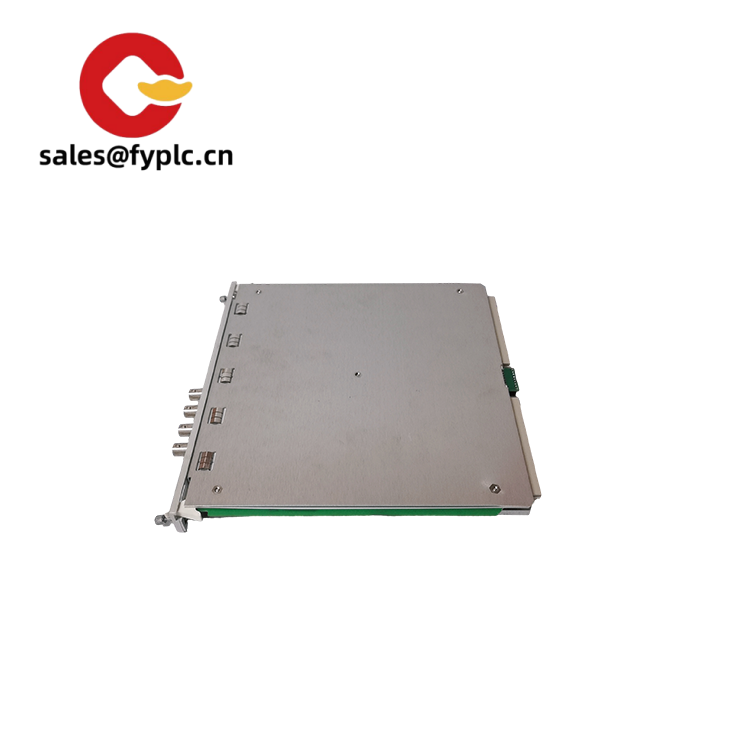

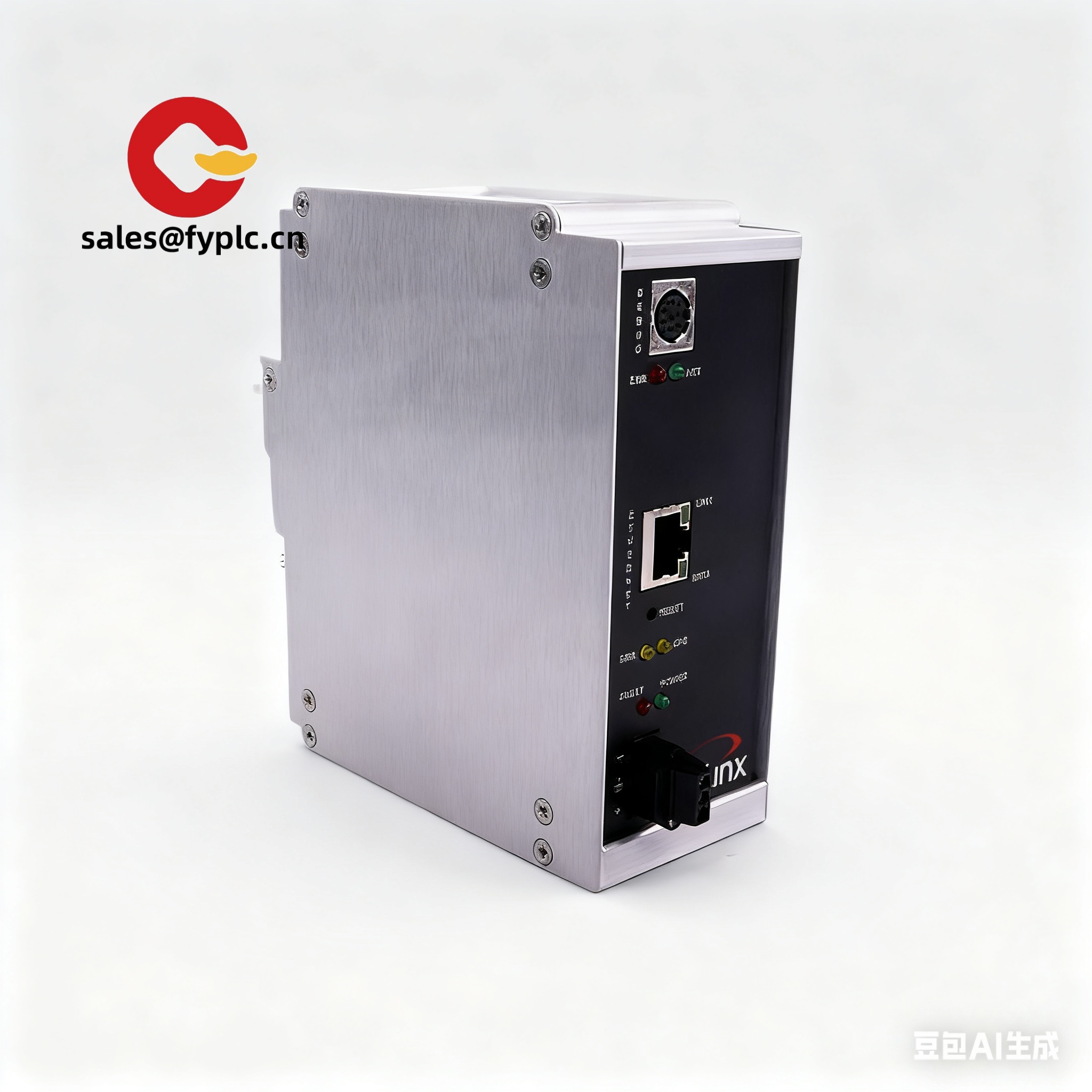

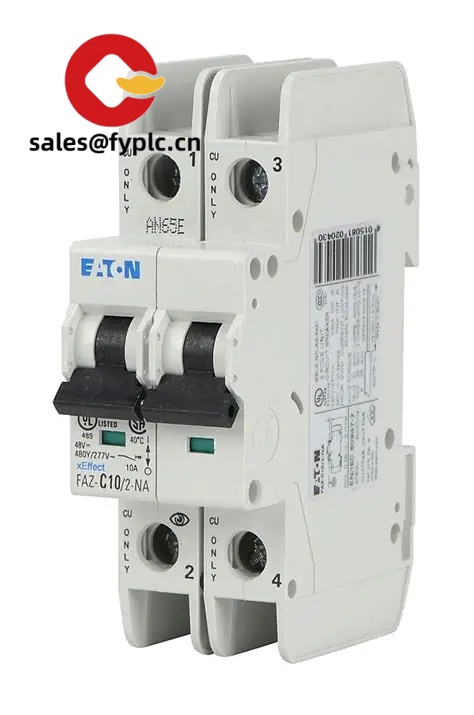
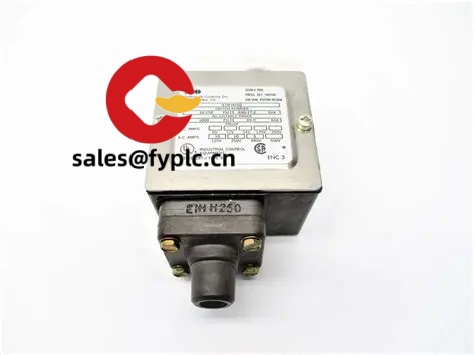
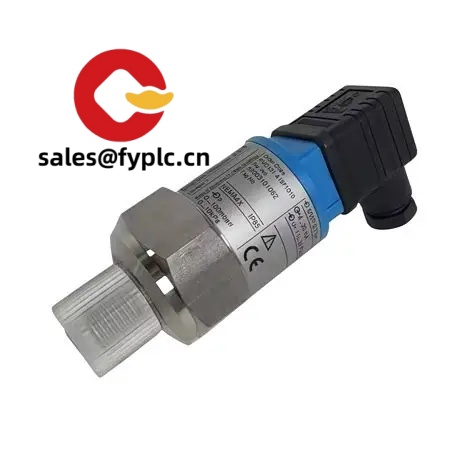
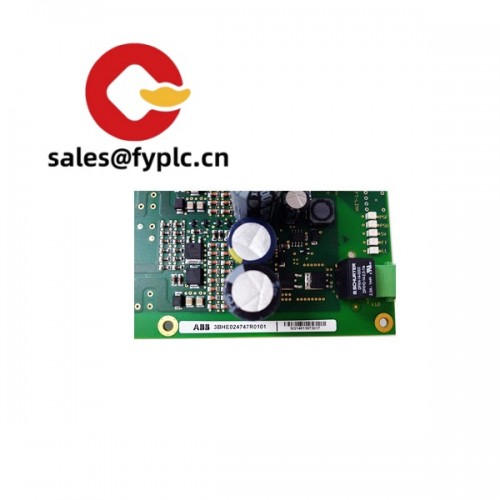
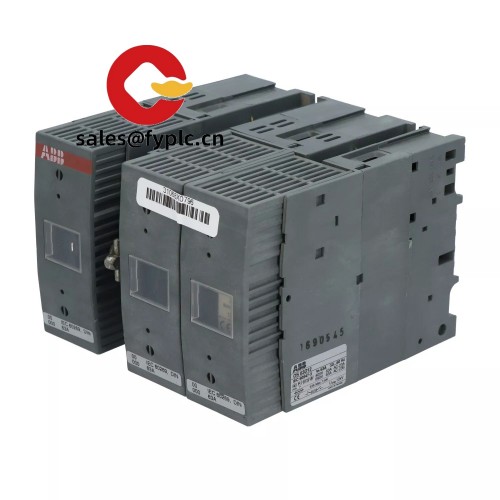
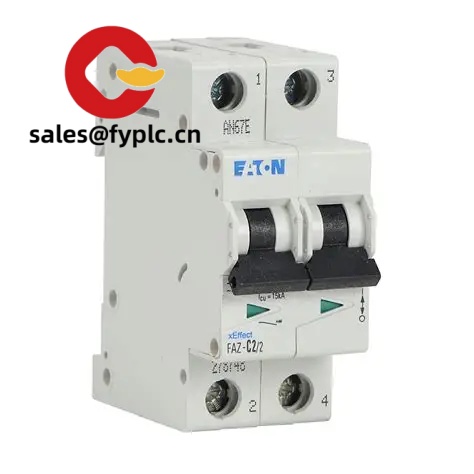


Reviews
There are no reviews yet.